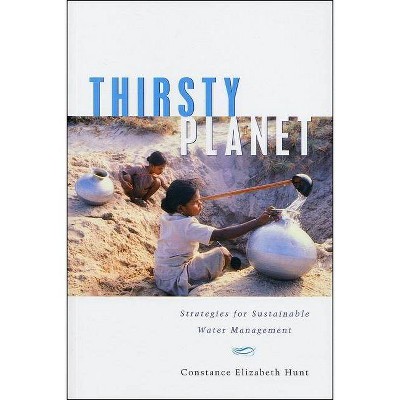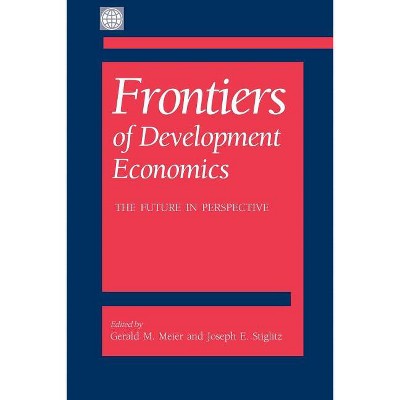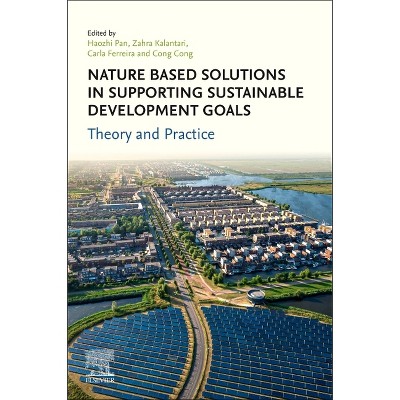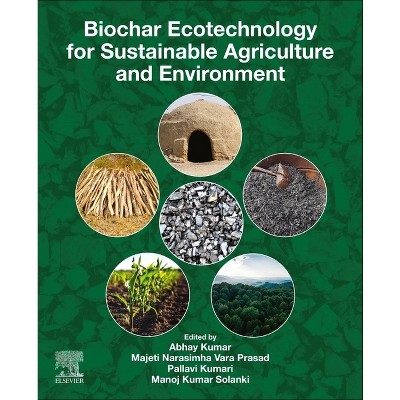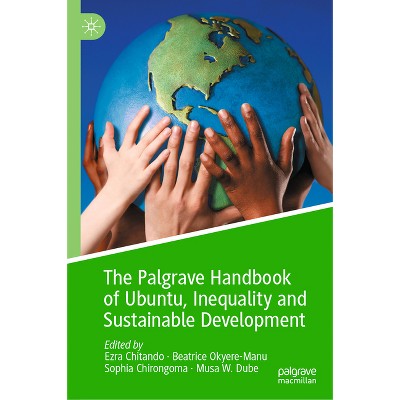Sponsored

Nature's Frontiers - (Environment and Sustainable Development) (Paperback)
In Stock
Sponsored
About this item
Highlights
- The great expansion of economic activity since the end of World War II has caused an unprecedented rise in living standards, but it has also caused rapid changes in earth systems.
- About the Author: The World Bank came into formal existence in 1945 following the international ratification of the Bretton Woods agreements.
- 216 Pages
- Business + Money Management, Economics
- Series Name: Environment and Sustainable Development
Description
About the Book
This report examines the use of natural capital (natural resources and services) around the world. It finds that most countries are using these resources inefficiently, and closing these efficiency gaps can address many of the world's pressing economic and environmental problems.
Book Synopsis
The great expansion of economic activity since the end of World War II has caused an unprecedented rise in living standards, but it has also caused rapid changes in earth systems. Nearly all types of natural capital--the world's stock of resources and services provided by nature--are in decline. Clean air, abundant and clean water, fertile soils, productive fisheries, dense forests, and healthy oceans are critical for healthy lives and healthy economies. Mounting pressures, however, suggest that the trend of declining natural capital may cast a long shadow into the future. Nature's Frontiers: Achieving Sustainability, Efficiency, and Prosperity with Natural Capital presents a novel approach to address these foundational challenges of sustainability. A methodology combining innovative science, new data sources, and cutting-edge biophysical and economic models builds sustainable resource efficiency frontiers to assess how countries can sustainably use their natural capital more efficiently. The analysis provides recommendations on how countries can better use their natural capital to achieve their economic and environ mental goals. The report indicates that significant efficiency gaps exist in nearly every country. Closing these gaps can address many of the world's pressing economic and environmental problems--economic productivity, health, food and water security, and climate change. Although the approach outlined in this report will entail demanding policy reforms, the costs of inaction will be far higher.About the Author
The World Bank came into formal existence in 1945 following the international ratification of the Bretton Woods agreements. It is a vital source of financial and technical assistance to developing countries around the world. The organization's activities are focused on education, health, agriculture and rural development, environmental protection, establishing and enforcing regulations, infrastructure development, governance and legal institutions development. The World Bank is made up of two unique development institutions owned by its 185 Member Countries. The International Bank for Reconstruction and Development (IBRD) focuses on middle income and creditworthy poor countries and the International Development Association (IDA), which focuses on the poorest countries in the world.
Shipping details
Return details
Frequently bought together

Trending Non-Fiction





